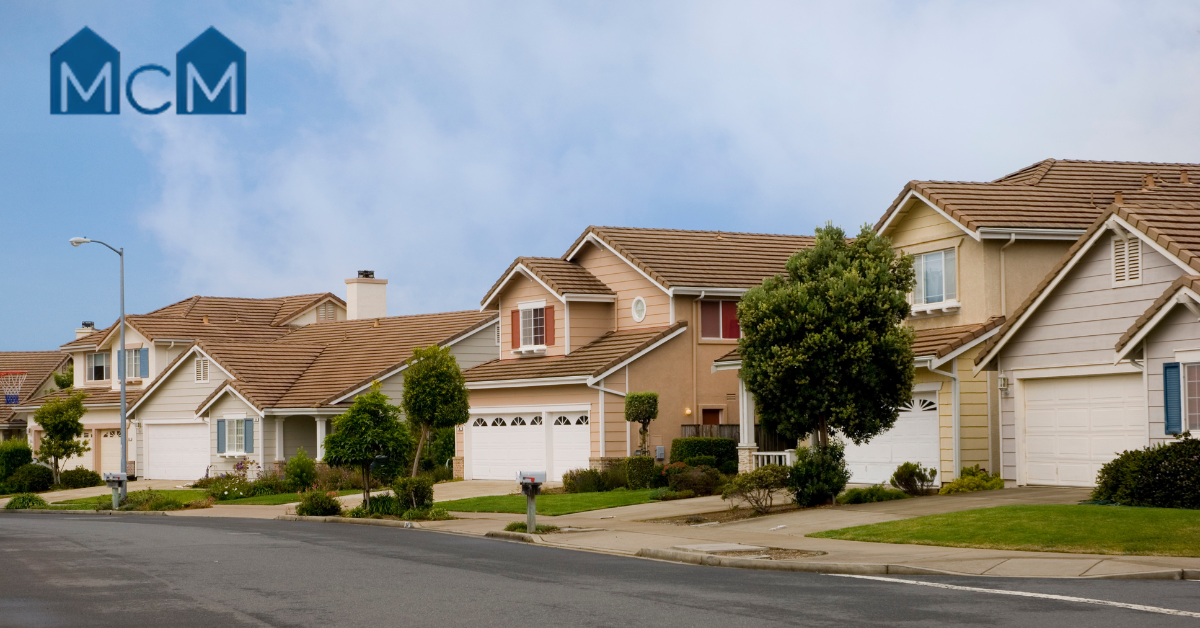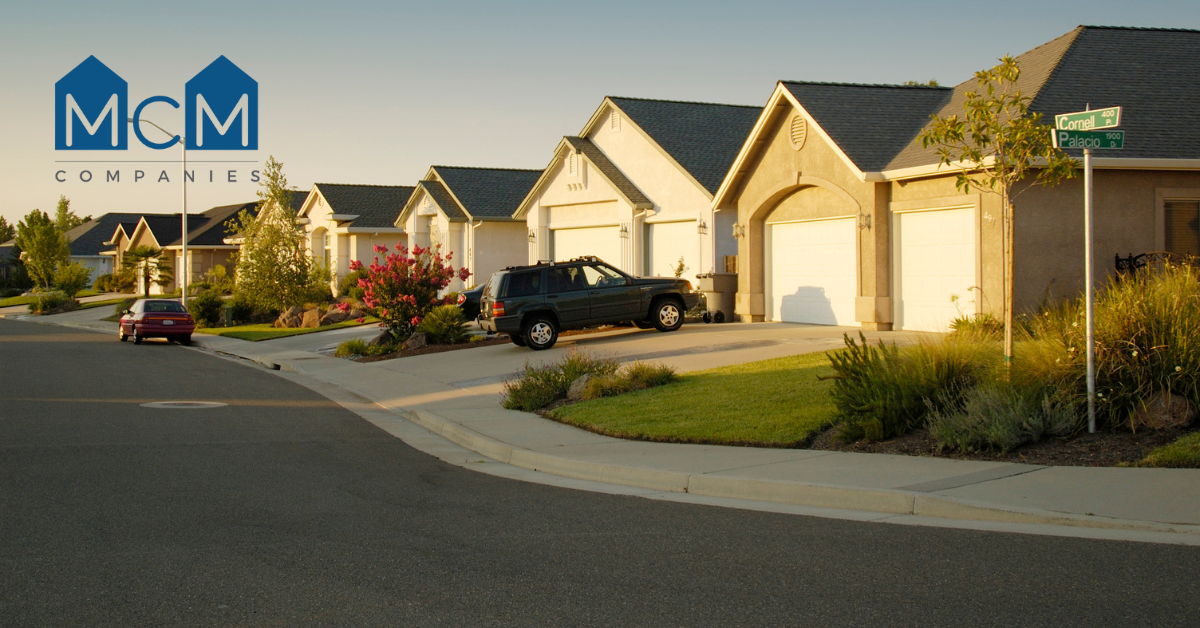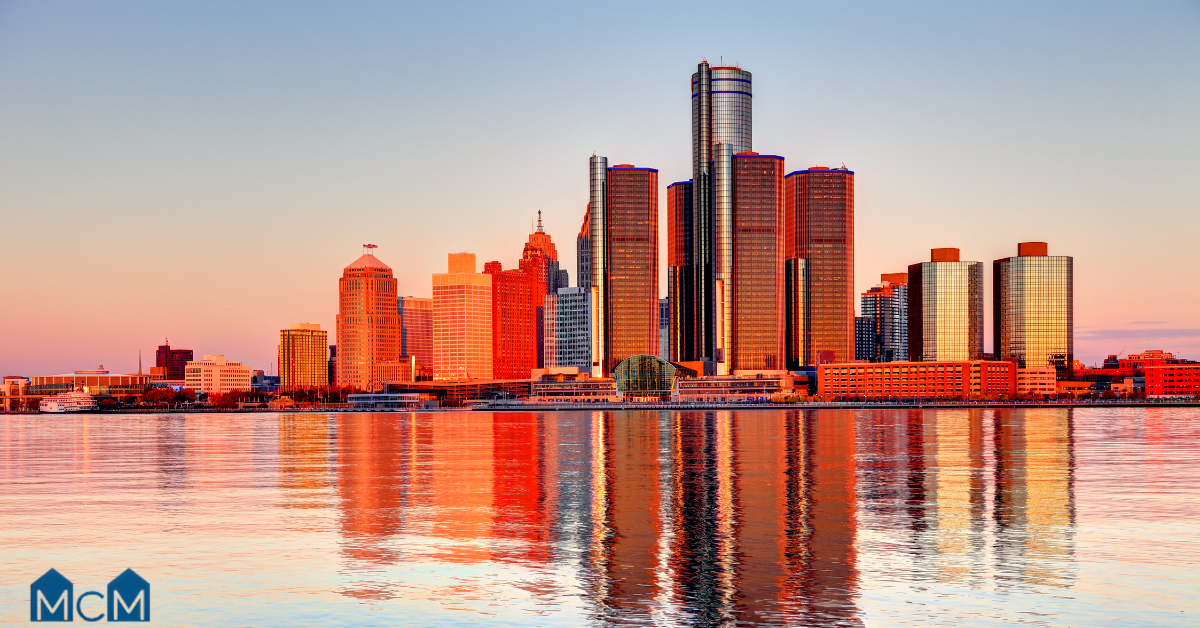Factors To Consider When Buying A Used Manufactured Home?

Buying a used manufactured home can be not only a great investment but a very smart move for many reasons. Though the price of a newly manufactured, state-of-the-art mobile home today is significantly less than even a small brick-and-mortar house, it can still be a considerable chunk of change. To save money, some individuals decide to purchase a used manufactured home, and then remodel, refurbish, repair, redecorate, and/or upgrade at their own pace and as their budget allows.
As long as the home you purchase – though used – is safe, the structure is solid, and is generally in very good repair, this could be a great move. But there are definite factors to consider before an older or pre-owned manufactured home is purchased.
Neighborhood Dynamics
This does, of course, only apply if you don't plan on moving the manufactured home from its current location.
Let's say you find one in your price range and it's in fantastic condition. You plunk down the purchase price and decide to go ahead and settle in for a while. In addition to preferring good schools if you have children, a low crime area, the right climate, etc., you'll want to look around at your prospective neighbors before you purchase the home (if you don't plan on moving it to another location).
Naturally, you'd like great neighbors who are friendly and respectable. How they keep their property can also end up mattering when and if you decide to sell the manufactured home you just bought. Most manufacturers/mobile home communities keep a pretty good eye on how the exterior of homes are managed and the property surrounding them – but not all.
Quality
Never purchase a used manufactured home without first having an inspector do a thorough examination. Never – ever! Just looking at a home doesn't guarantee there are no possible unseen problems (electrical issues, plumbing problems, leaks, asbestos, etc.).
The inspector may also be able to tell you if any significant alterations have been made to the original design/construction of the manufactured home.
Safety Requirements – Is It Up to Code?
Take a look at the exterior of the pre-owned manufactured home. There should be a HUD tag (the Department of Housing and Urban Development). It is usually attached to the home’s exterior in the rear area. There are safety regulations that go along with this type of certification which went into effect mid-1976. Better structural safety is ensured through this kind of certification (providing the manufactured home has experienced no significant alterations that would knock it out of compliance).
Acquiring a Loan
What type of a loan you get for the purchase of your used manufactured home could depend on whether it is permanently secured to a foundation or not. It can be referred to as "real property" if it is permanently affixed. If it isn't, it may be referred to as "chattel” or "personal property".
A "chattel” loan, one that is used for movable property financing, may – compared to a traditional loan – have higher interest. Lower processing costs may be involved, however. If the foundation for your used manufactured home is permanent and secure, you'll have a very good chance of getting a "real property" loan. This will be like a mortgage in a more traditional sense.
Do your homework when considering an investment of any size, particularly where used manufactured homes are concerned. Make sure what you spend initially, and what you will spend in the future on improvements, renovations, upgrades, etc., will be worth it in the end.
.svg)





